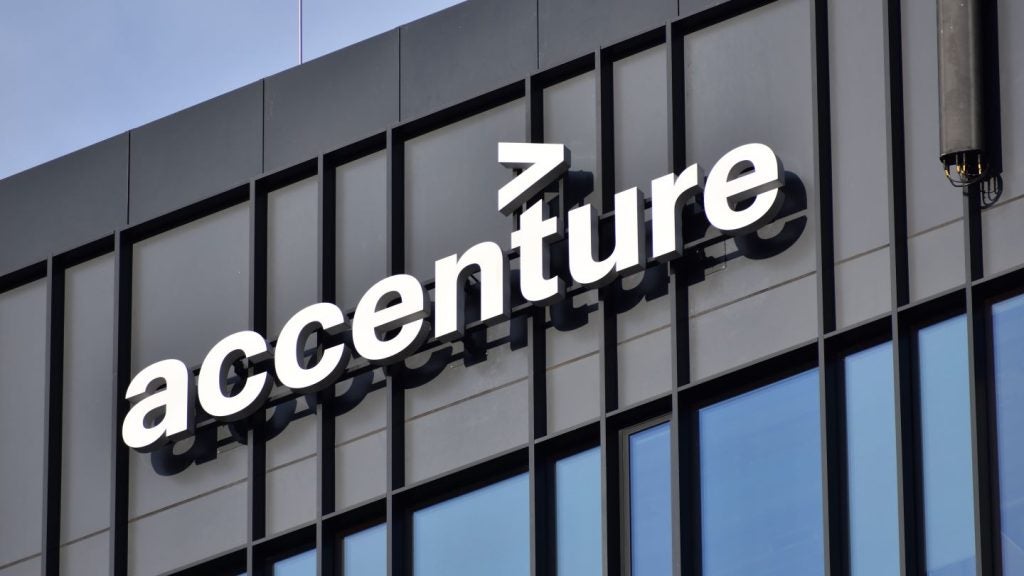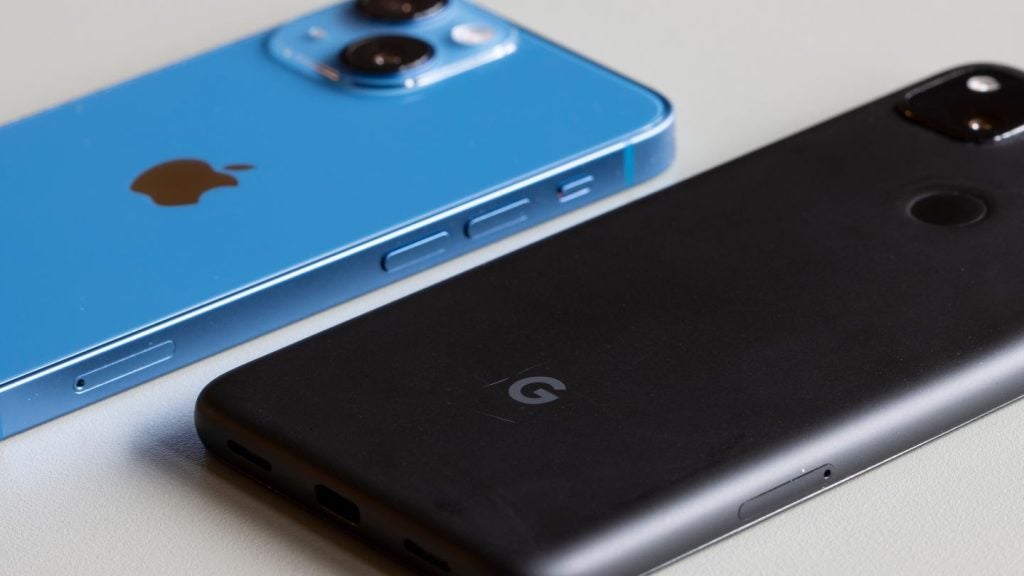
The recommendation by the UK National Cyber Security Centre (NCSC) not to ban Huawei 5G technology in the UK over security concerns has been welcomed by a former senior British intelligence officer.
Two unnamed NCSC sources quoted by the Financial Times have said that any risk the Chinese telecoms giant poses to UK security can be managed without needing to ban the company. The approach is a significant contrast to the US, which has enacted an outright ban and encouraged allies to follow suit.
The UK government will decide whether to enact a ban on Huawei 5G technology by April.
The news, which has not yet been officially published by the NCSC, has been welcomed by former senior British intelligence officer Malcolm Taylor, director of cybersecurity at ITC Secure.
“I was pleased to see the NCSC agree this morning and I thought their comments were extremely sensible,” he told Verdict.
“I think to date that the UK has taken a good risk-managed approach to Huawei; there’s ‘The Cell‘ [a GCHQ factory checking every UK-destined Huawei device], and there’s the report of 18 months ago, and there were some recommendations in that but there were no red flags. Huawei has said they are going to take steps to address them.
“We are as a nation risk managing, and that’s what good cybersecurity is all about.
“And we shouldn’t forget that Huawei makes very good equipment and sells it very competitively. They are doing well and they are good at what they do.”
Caution urged over Huawei 5G spying narrative
Taylor also urged caution over how the Huawei spying narrative has developed in the media – particularly around the willingness to paint the company as a shady arm of a hostile nation.
“We need to be careful in the way we present this issue,” he said.
“Because the most important and biggest threat is criminal, and it’s relatively low tech, it’s not sophisticated, it’s broadcast and it’s affecting companies, individuals and other organisations significantly and it’s just not talked about as much as it should be.”
He highlighted that the Huawei narrative was, in particular, far more of a political issue than a cybersecurity one.
“People are getting a bit dragged away to focusing on ‘it’s all about the Russians, it’s all about the Chinese’. Nation states attacking us are frightening, and perhaps even to the point where organisations switch off because it feels too difficult to beat them,” said Taylor.
“It isn’t, but it’s understandable that organisations can be made to feel that way. I actually think the Huawei thing is significantly about the trade war between the US and China – it’s in large part political.”







